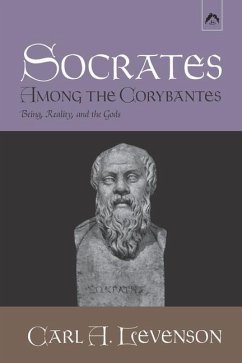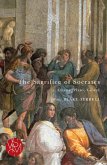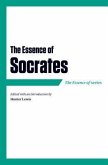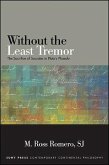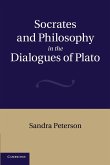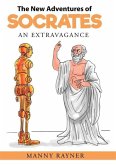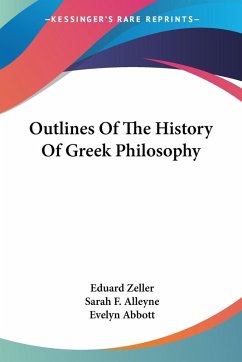"In Plato's dialogues, we find many references to Corybantic rites-rites of initiation performed in honor of the goddess Rhea. But in the dialogue titled Euthydemus, there is more than a mere reference to the rites to be found. Within the context of Socratic dialectic, the ancient rites of the Corybantes are acted out-although veiled and distorted. This is what Carl Levenson argues in his book. Since the Corybantic rites are of the Dionysian/Eleusinian type, Plato gives us a glimpse of the reality of Dionysiac ecstacy. This interesting knowledge of these rites has usually been lost in the academic assertion that the Euthydemus was just a satire on philosophic arguing (in which it is), and hence it has been consigned to a marginal place in Plato's canon. But here Plato is rejecting his abstract theories in favor of intimacy with the reality of the world, of matter and being rather than form. Levenson states that complete immersion in the material substrate of the world is what Plato discovered at the heart of Dionysian ecstacy, and the aim of ecstacy, as Plato said, is to purify the soul of ancient guilt"--
Hinweis: Dieser Artikel kann nur an eine deutsche Lieferadresse ausgeliefert werden.
Hinweis: Dieser Artikel kann nur an eine deutsche Lieferadresse ausgeliefert werden.

